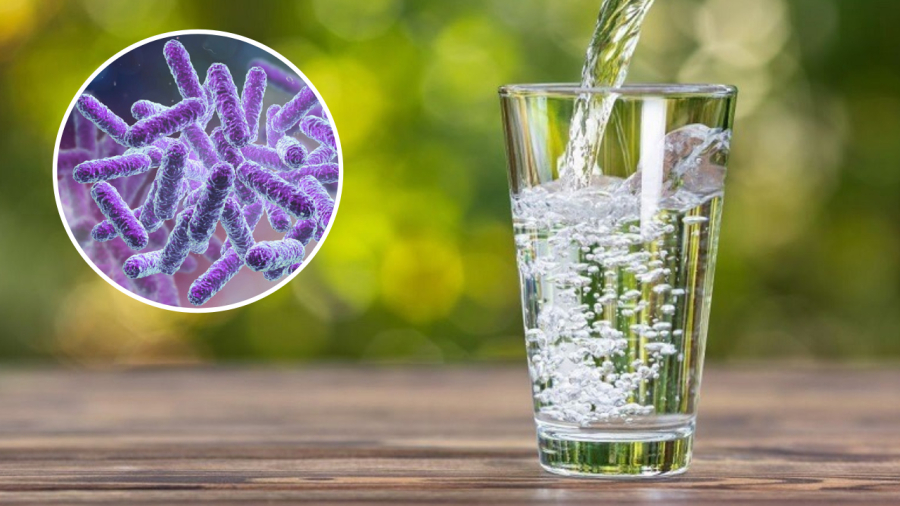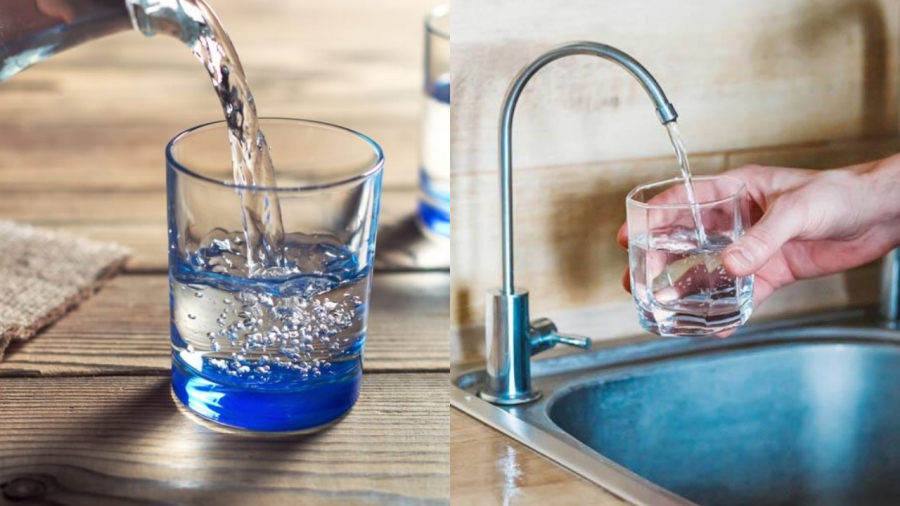Filtered water can go bad
When properly stored, filtered water can last indefinitely. However, improper storage may allow bacteria to enter, producing toxic substances that are harmful to human health.
Boiled water can also go bad. While boiling kills bacteria and germs, if left for an extended period, the water can become contaminated again, posing a risk to humans.

Microorganisms in the water serve as food for bacteria from the external environment. Although it’s challenging to perceive, the water may spoil and become unsafe for consumption.
Notably, water from natural sources like rivers, lakes, ponds, and wells tends to contain more organic matter. When boiled, these substances can break down, making the water more prone to spoilage than typical filtered water.
Water that has been treated and filtered multiple times will last longer.
Consuming spoiled water can lead to gastrointestinal issues and affect digestion, as well as overall health.
Signs that water has gone bad

Filtered and boiled water can both expire.
Both filtered and boiled water have a finite shelf life. Here are some signs that indicate the water has gone bad and should not be consumed:
– Change in odor: A strong or sulfurous odor indicates bacterial growth in the water.
– Altered taste: An unpleasant taste, such as sourness or a metallic flavor, or any abnormal taste, is a clear sign of compromised water quality.
– Visual changes: Water turning an unusual color or becoming cloudy suggests contamination or bacterial growth.
– Slime at the bottom or sides of the container indicates bacterial development.
How to store filtered and boiled water
Water containers must be clean and free from pollutants. It is recommended to use glass or BPA-free plastic bottles. Ensure the container is tightly sealed to prevent dust and external contaminants from entering.
Avoid pouring new water into a container that still has old water. Rinse the container before refilling it with fresh water.
For filtered water systems, it is advisable to replace the filter every six months to ensure the water remains clean and safe for consumption.





































